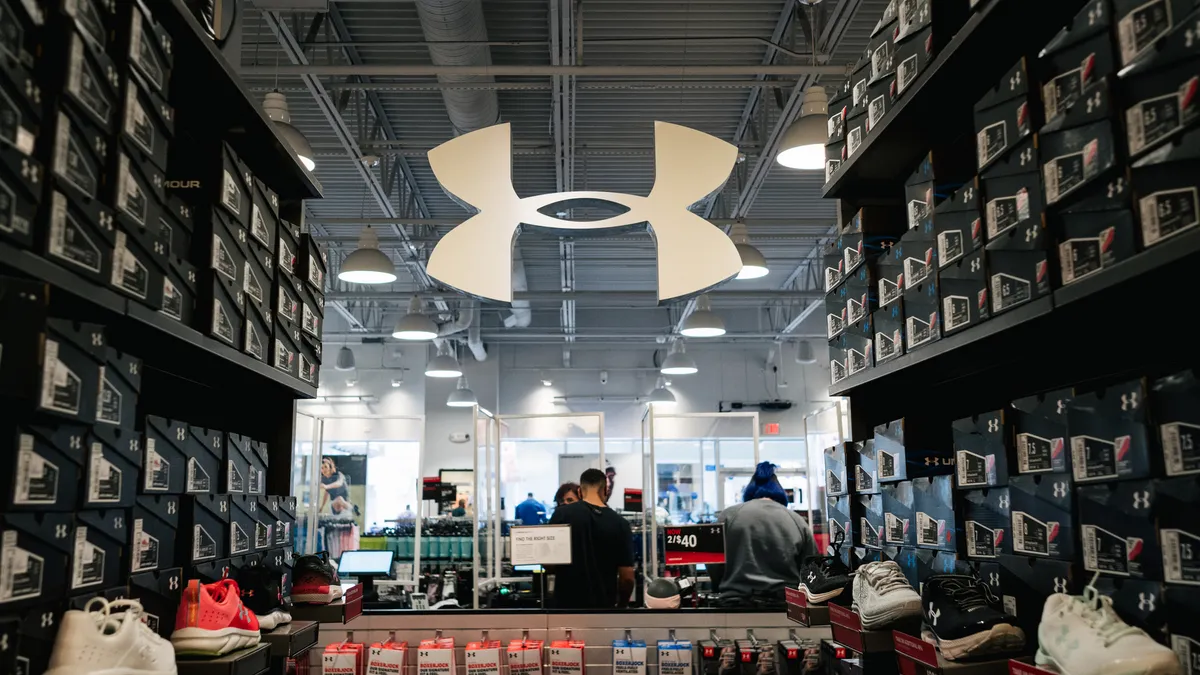Dive Brief:
- The retail industry is full of AI adopters, and many are exploring agentic tools even as reliability concerns mount, according to a Monday.com survey of more than 1,800 retail leaders worldwide published Tuesday.
- More than 3 in 5 leaders in the industry worry about the consistency and quality of generated outputs. Many retailers are also facing adoption roadblocks, such as privacy and data concerns, integration complexity, risk of alienating customers, high implementation costs and employee pushback.
- Despite the obstacles, retail leaders are confident in the technology's long-term potential. Nearly two-thirds of those surveyed said businesses that fail to adopt AI agents in the next two years risk falling behind. More than half of retailers expect most customer interactions will be handled by AI within five years.
Dive Insight:
Retailers have upped their AI investments this year as economic pressures push business leaders to optimize costs and streamline operations. Retail companies are bracing for slower growth rates for the rest of the year, and many see AI as a lever to mitigate headwinds and improve experiences.
Under Armour touted the benefits of its AI efforts earlier this month during the retailer’s Q1 2026 earnings call.
“AI is becoming more integrated across the business, enhancing design, planning and forecasting,” said Kevin Plank, founder, president and CEO at Under Armour.
To improve operations, the company is moving from siloed functions to collaborative teams with shared KPIs and real-time data, according to Plank.
“After two years of data and platform development, we have over 80 automations that are streamlining workflows, reducing time to market and improving execution from predictive pricing to real-time inventory management,” Plank said.
Under Armour is in the midst of a restructuring in response to significant revenue declines. The company reported a 10% revenue decline and a $305 million net loss.
Advance Auto Parts is also turning to technology to address lackluster performance. While the company lowered its outlook for the year and reported mixed results during a Q2 2025 earnings call, executives highlighted technology’s role in advancing goals around the store experience, such as in its deployment of a new assortment management framework.
“We have been able to accelerate this rollout by harnessing advanced technological tools, including the use of AI,” Shane O’Kelly, president, CEO and director at the retailer, said during last week’s call. “These innovative tools are enabling us to introduce greater intelligence in the assortment planning process, which has traditionally been done manually.”
Advance Auto Parts has implemented the framework in its top 30 designated market areas, and the company is planning to complete the process across its top 50 designated market areas ahead of schedule, which will represent around 70% of its sales by the end of Q3, according to O’Kelly.














